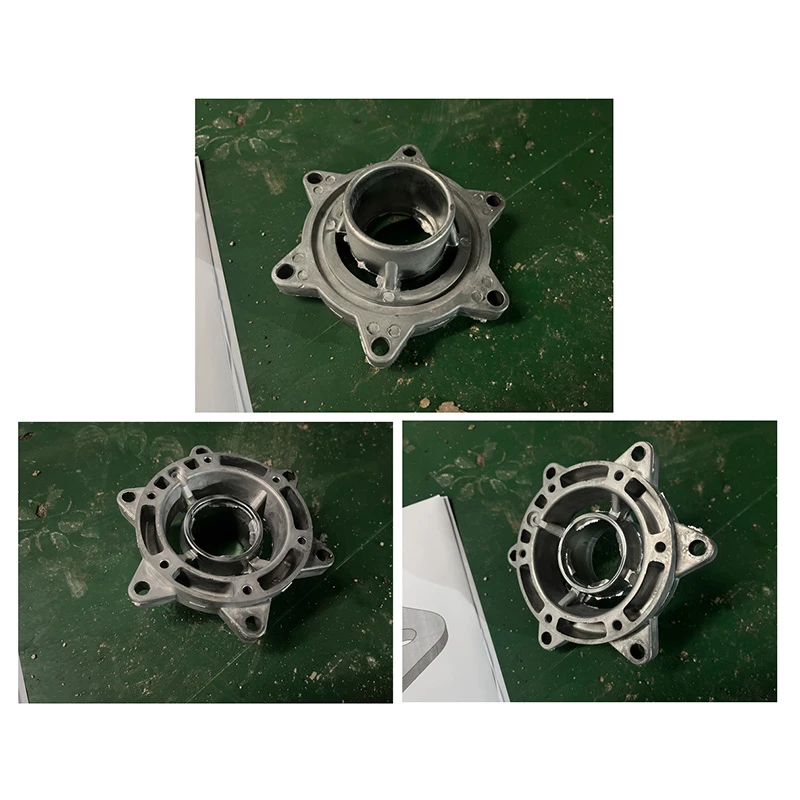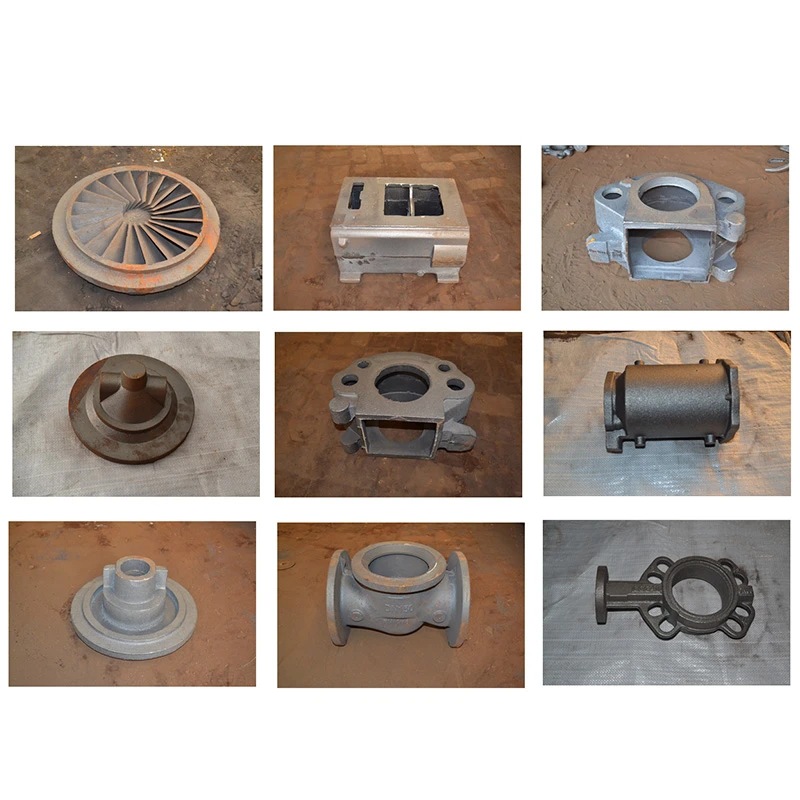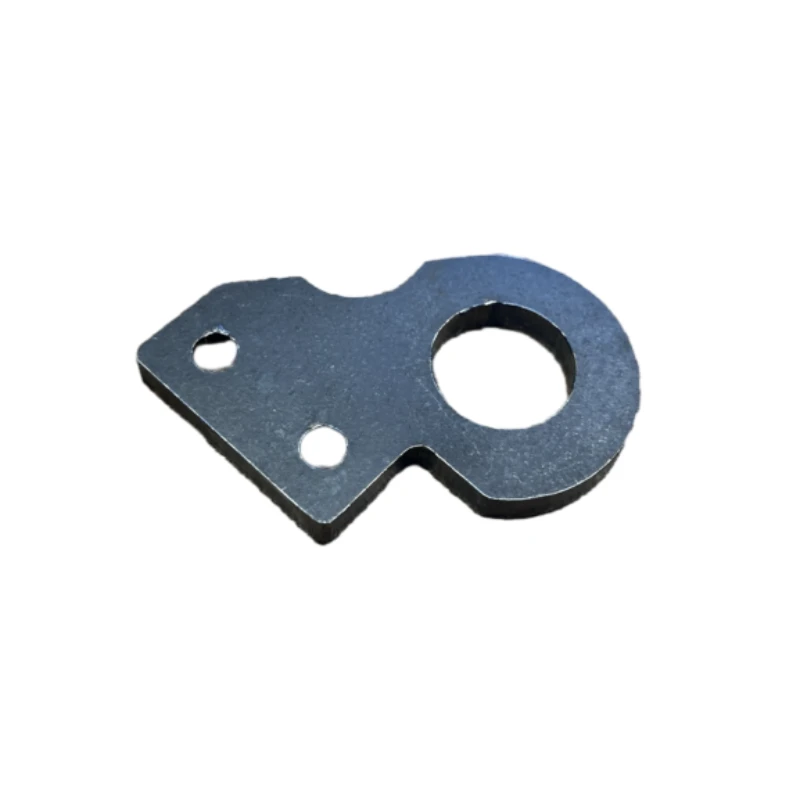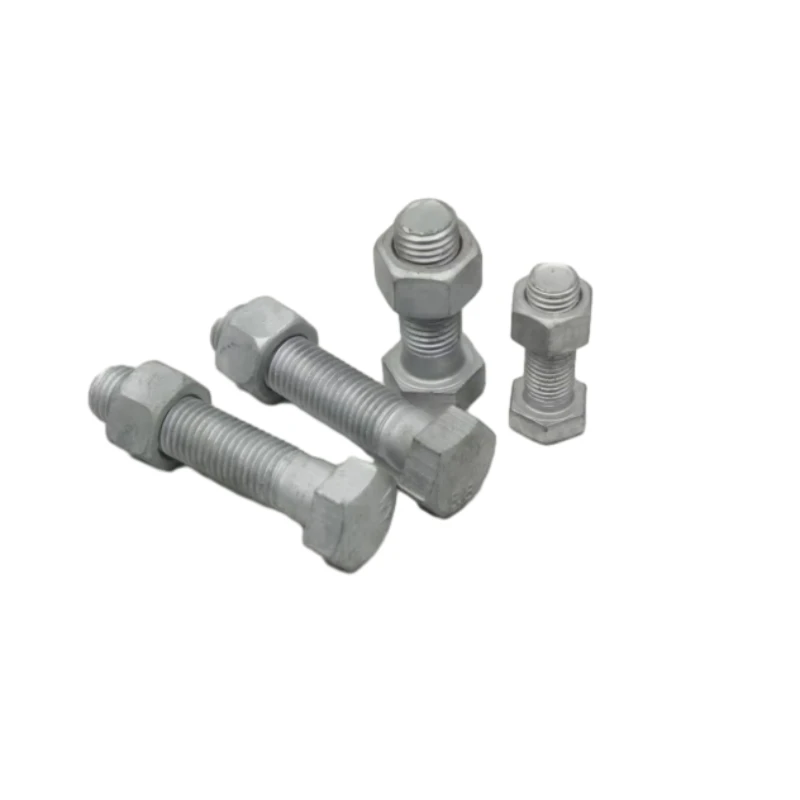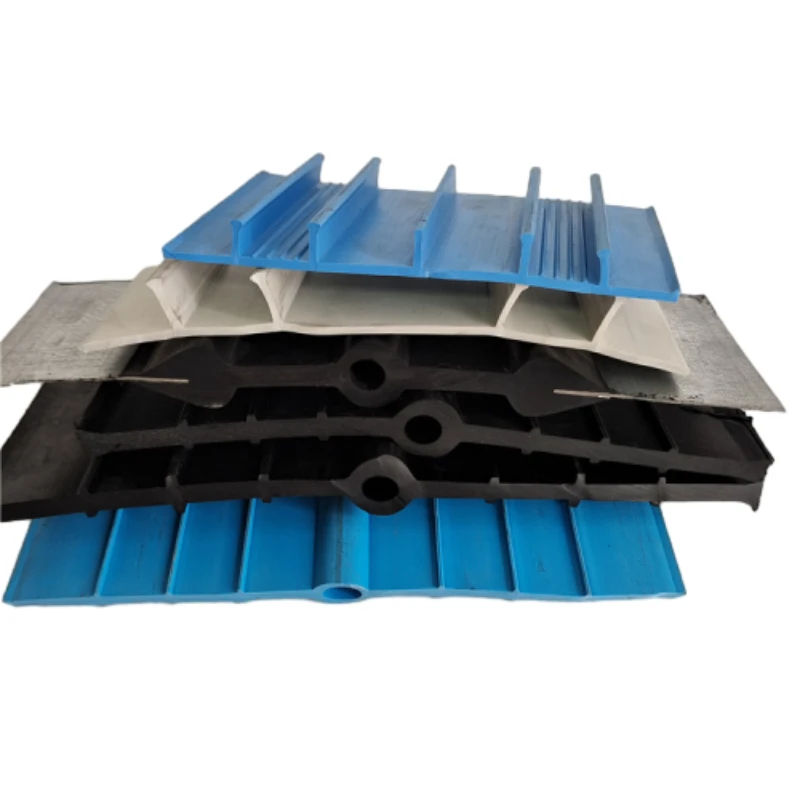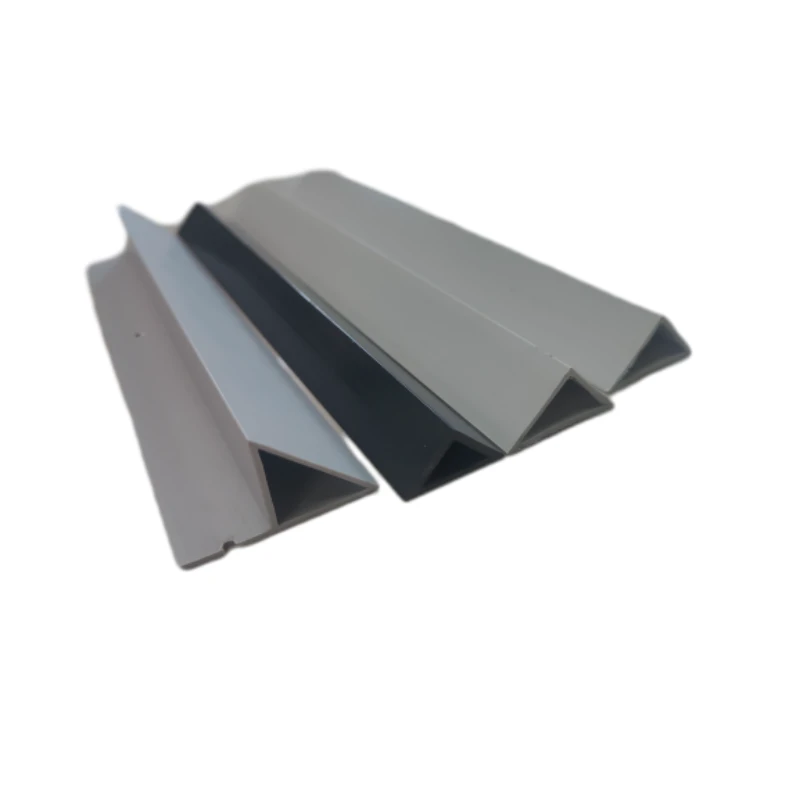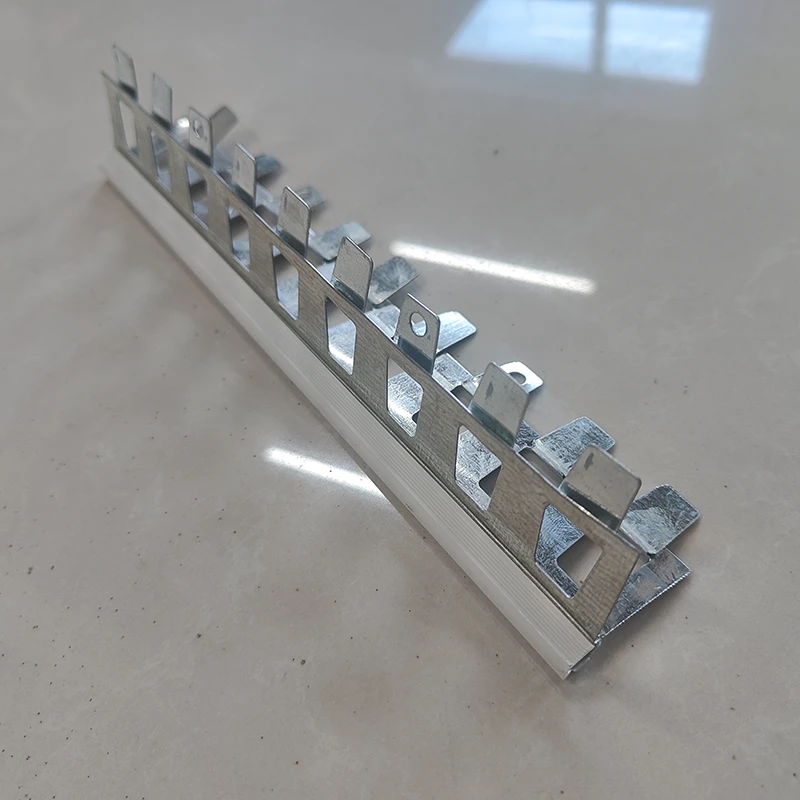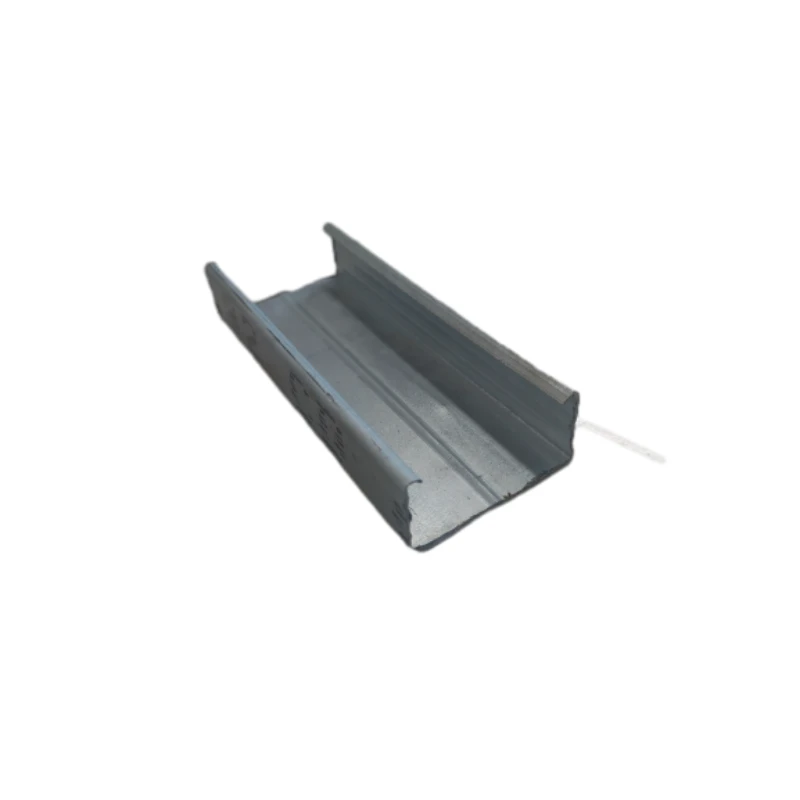- Phone: +86 132 8320 1810
- Email: annie@wrkgroup.ltd
-
- Afrikaans
- Albanian
- Amharic
- Arabic
- Armenian
- Azerbaijani
- Basque
- Belarusian
- Bengali
- Bosnian
- Bulgarian
- Catalan
- Cebuano
- China
- China (Taiwan)
- Corsican
- Croatian
- Czech
- Danish
- Dutch
- English
- Esperanto
- Estonian
- Finnish
- French
- Frisian
- Galician
- Georgian
- German
- Greek
- Gujarati
- Haitian Creole
- hausa
- hawaiian
- Hebrew
- Hindi
- Miao
- Indonesian
- Italian
- Japanese
- Javanese
- Malay
- Persian
- Portuguese
- Punjabi
- Russian
- Spanish
- Swahili
- Telugu
- Vietnamese
Ots . 10, 2025 18:36 Back To List
Scaffolding Prop Pins
Formwork, a critical component in construction, serves as a temporary mold into which concrete is poured to achieve desired structural shapes. Evolving significantly over the years, modern formwork solutions have elevated construction practices, offering enhanced precision, strength, and versatility. This article delves into the innovative use of formwork in construction, highlighting its benefits and advanced developments that are transforming the industry.
Innovations in formwork technology have also introduced automated and smart formwork systems. These high-tech solutions integrate digital technology with traditional construction techniques. For example, robotic formwork systems can accurately position components, increasing precision and reducing manual labor. Smart sensors embedded in the formwork can relay real-time data on concrete curing processes, allowing for precise timing in removing the formwork, thus improving the overall project quality. The eco-friendly credentials of formwork systems are also gaining importance. The shift towards green construction practices is driving the adoption of materials and technologies that minimize environmental impact. Recycled and bio-based formwork materials are emerging as sustainable alternatives, aligning with global standards for eco-friendly building practices. This shift mirrors the broader industry move towards sustainability, with formwork playing a crucial role in reducing the carbon footprint of construction projects. Effective formwork management is crucial for ensuring safety and structural stability. Professional training and expertise in formwork application and maintenance can significantly reduce potential hazards on construction sites. Emphasizing safety guidelines and regular inspections ensures that formwork systems perform optimally, safeguarding both workers and the structure. With the rise of megaprojects and complex architectural designs, custom formwork solutions have become increasingly popular. Tailored to meet specific project requirements, custom formwork enhances operational efficiency and supports innovative architectural expressions. This personalization in formwork design highlights the expanding boundaries and creativity within the construction industry. In conclusion, formwork stands as an indispensable element in modern construction, offering varied solutions to meet diverse project demands. Its evolution from basic wooden molds to cutting-edge technologies underscores the industry's commitment to improving construction methodologies. By adopting advanced formwork systems, builders can achieve unprecedented levels of precision, speed, and sustainability, ultimately ensuring that structures are not only functional and safe but also environmentally responsible. The future of construction, firmly anchored by these innovative formwork systems, promises greater efficiency and eco-consciousness, meeting the ever-evolving needs of the modern world.
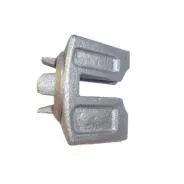
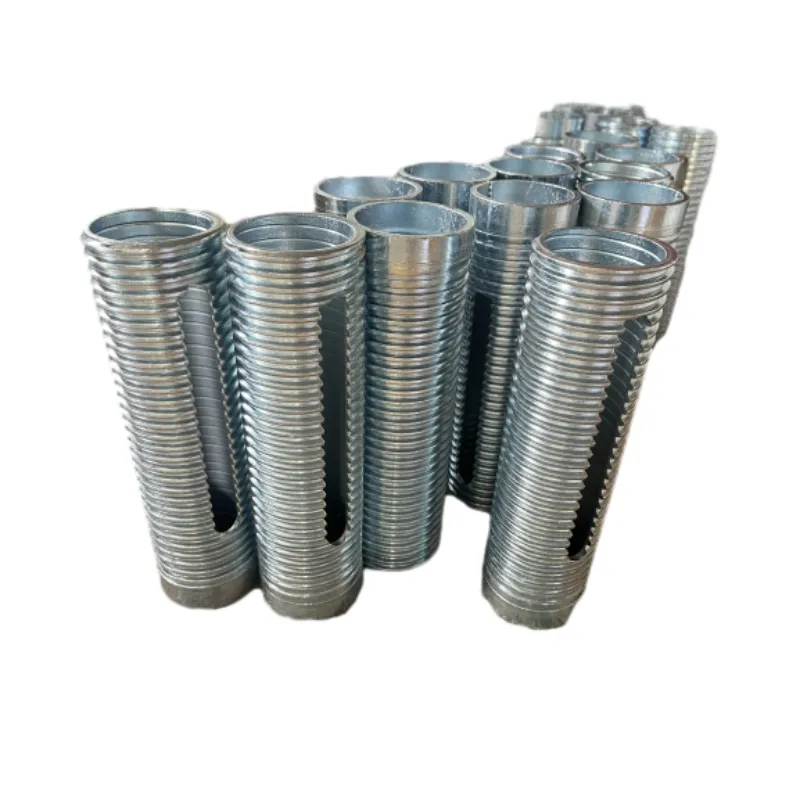
Innovations in formwork technology have also introduced automated and smart formwork systems. These high-tech solutions integrate digital technology with traditional construction techniques. For example, robotic formwork systems can accurately position components, increasing precision and reducing manual labor. Smart sensors embedded in the formwork can relay real-time data on concrete curing processes, allowing for precise timing in removing the formwork, thus improving the overall project quality. The eco-friendly credentials of formwork systems are also gaining importance. The shift towards green construction practices is driving the adoption of materials and technologies that minimize environmental impact. Recycled and bio-based formwork materials are emerging as sustainable alternatives, aligning with global standards for eco-friendly building practices. This shift mirrors the broader industry move towards sustainability, with formwork playing a crucial role in reducing the carbon footprint of construction projects. Effective formwork management is crucial for ensuring safety and structural stability. Professional training and expertise in formwork application and maintenance can significantly reduce potential hazards on construction sites. Emphasizing safety guidelines and regular inspections ensures that formwork systems perform optimally, safeguarding both workers and the structure. With the rise of megaprojects and complex architectural designs, custom formwork solutions have become increasingly popular. Tailored to meet specific project requirements, custom formwork enhances operational efficiency and supports innovative architectural expressions. This personalization in formwork design highlights the expanding boundaries and creativity within the construction industry. In conclusion, formwork stands as an indispensable element in modern construction, offering varied solutions to meet diverse project demands. Its evolution from basic wooden molds to cutting-edge technologies underscores the industry's commitment to improving construction methodologies. By adopting advanced formwork systems, builders can achieve unprecedented levels of precision, speed, and sustainability, ultimately ensuring that structures are not only functional and safe but also environmentally responsible. The future of construction, firmly anchored by these innovative formwork systems, promises greater efficiency and eco-consciousness, meeting the ever-evolving needs of the modern world.
Prev:
Next:
Latest News
-
Formwork for In Situ Concrete | AI-Optimized SolutionsNewsAug.02,2025
-
Premium Screw Jacks Scaffolding Systems - Efficient Height ControlNewsAug.01,2025
-
Durable Concrete Form Ties Enhanced with AI | Buy OnlineNewsJul.31,2025
-
High-Quality Roofing Materials for Durable Building SolutionsNewsJul.30,2025
-
High-Quality Scaffolding Pins for Sale – Durable & Secure Scaffold Toggle PinsNewsJul.30,2025
-
High-Quality Scaffold Coupling Pins for Secure ConnectionsNewsJul.29,2025
Products categories

